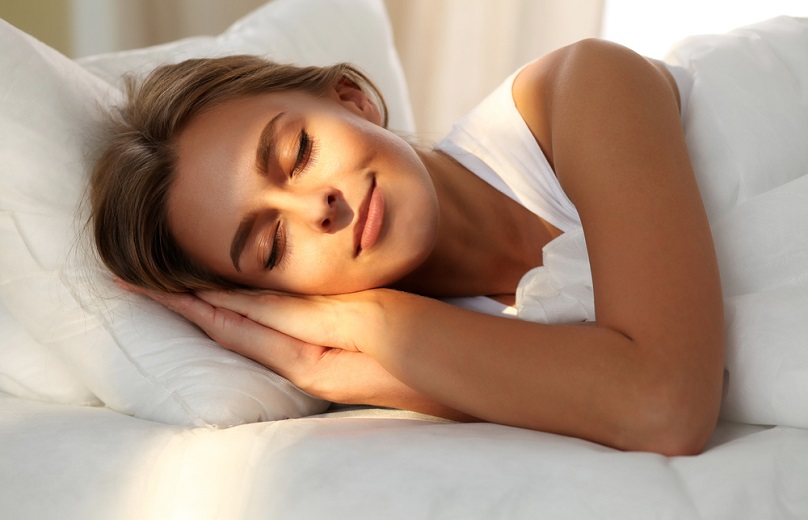If you’re finding that you’re too tired to exercise or work on your fitness, then several things could be to blame. However, one of the most common ones for general tiredness could be your sleep hygiene.
Sleep hygiene essentially refers to your sleep habits. At least four in ten Australians don’t get enough sleep, either through insomnia or poor sleep hygiene. How are your sleep habits, and what could you be doing better? Here are a few helpful tips.
- Establish a Sleep Pattern
Just as you would establish a sleep routine for your children, you must do the same for you. Go to bed at the same time every night, and wake up (and get up) at the same time every morning. Establishing a pattern tells your body when it’s time to start and finish the day. You can then be well-equipped for exercise without feeling as tired.
- Use Your Bedroom for Sleep, Not Screens
There’s no denying that technology has done wonders for our lives. We can use it for our jobs, entertainment, and even fitness. But what it is less suitable for is sleep. Make your bedroom a technology-free zone. TVs, phones, and computers can all disrupt your sleep and cause you to be tired and fatigued the next day.
- Create a Relaxation Period
If you know you struggle to get to sleep, there is value in creating a relaxation period before bedtime. In the hour before you’re due to retire for the evening, put away technology and relax your body and mind.
Don’t try to solve any problems or think about work challenges for the day ahead. Instead, drink a mug of herbal tea, read a book, or even meditate. Calming yourself can be all it takes to fall asleep with no hassle.
- Avoid Stimulants
Caffeine, nicotine, and alcohol are all stimulants, so if you’re struggling to sleep, then you should avoid these before bedtime. Not only can they affect your motivation to exercise due to fatigue, but they can also lead to poor-quality sleep when you do manage to drift off.
- Don’t Nap
Unless you’re exhausted during the day, it’s in your best interest not to nap. And if you do, make sure it’s for no longer than half an hour and not in the four hours before bedtime. Napping might feel satisfying at the time, but it can lead to you having a far more challenging time falling asleep at night than if you didn’t nap.
- Make Your Bedroom a Comfortable Place
If you have too many blankets, not enough, too much natural light, or you’re too hot or cold, sleep is bound to evade you. Your bedroom should be a comfortable place, not something that stimulates you or has anything that can disrupt your sleep cycle.
Invest in comfortable quality bedding and of the right temperature, and make sure your bedroom isn’t too hot or cold. The more comfortable you are, the better your chances of falling asleep.
Any time you’re feeling too tired to carry out daily tasks or even exercise, it’s worth taking a look at your sleep hygiene. You may just find there are several things you can be doing to improve your sleep quality. If you don’t notice an improvement after trying out these techniques above, consult a medical professional.







